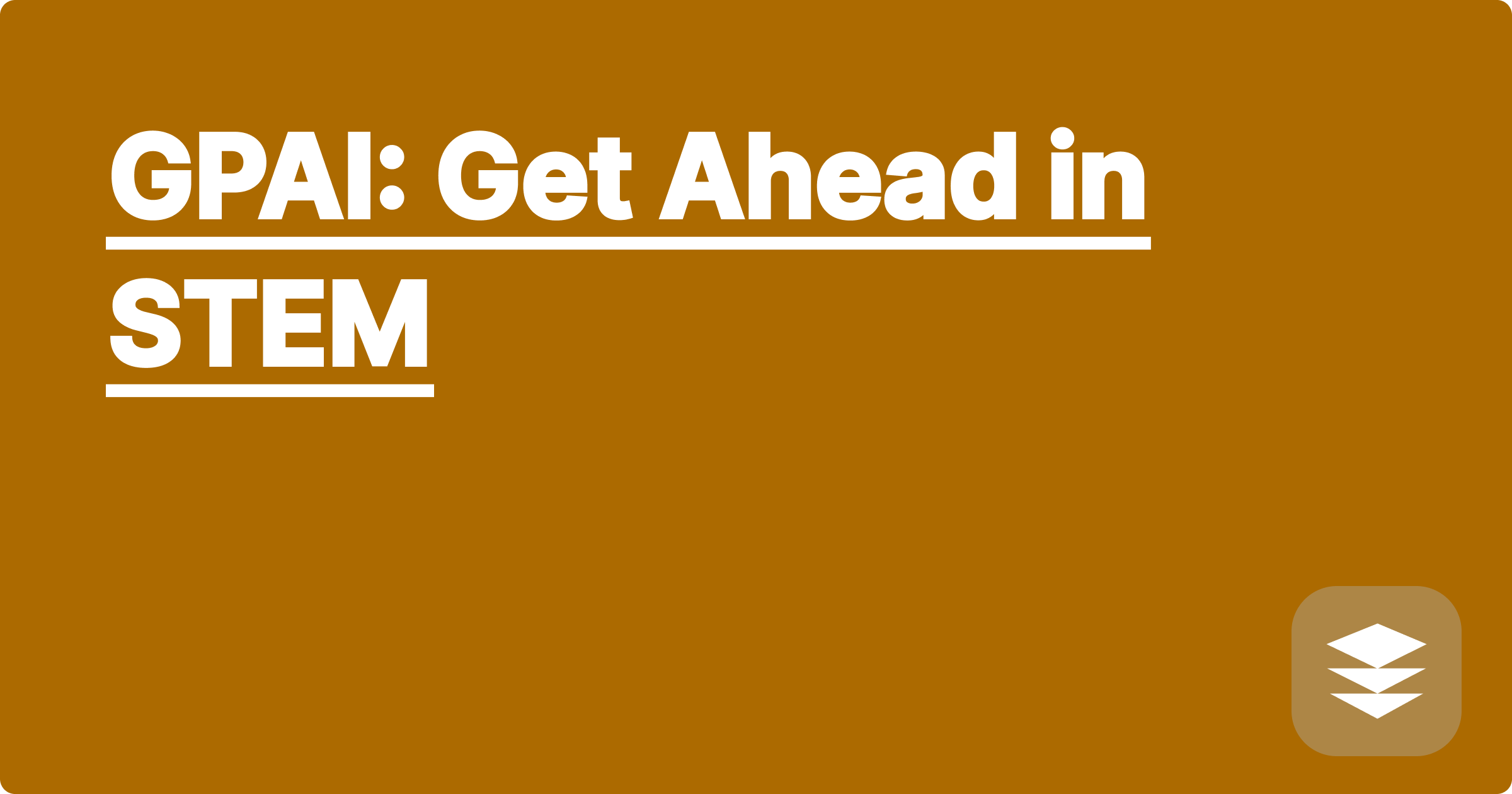
The STEM fields represent a challenging yet rewarding pursuit. Many students and researchers face significant hurdles in these disciplines, ranging from complex problem-solving to rigorous research demands. Artificial intelligence is rapidly emerging as a powerful tool to address these challenges, offering novel solutions and enhancing capabilities in ways previously unimaginable. AI can assist with everything from complex calculations and data analysis to literature reviews and even drafting research papers, thus opening up new avenues for success.
This shift towards AI integration in STEM is not just a trend, it's a fundamental change in how we approach scientific discovery and learning. For students and researchers, understanding and leveraging these AI tools is no longer optional; it's essential for staying competitive and pushing the boundaries of their respective fields. Embracing AI can significantly improve efficiency, enhance understanding, and ultimately lead to greater achievements in STEM.
The sheer volume of information and the complexity of concepts within STEM fields can be overwhelming. Students often struggle with integrating knowledge from different sub-disciplines, making it difficult to see the bigger picture and apply concepts effectively. This challenge is compounded by the ever-increasing pace of new discoveries and technological advancements, making it a constant struggle to stay current. Furthermore, traditional learning methods often focus on rote memorization rather than deep understanding, hindering true mastery of the subject matter.
AI tools like ChatGPT, Claude, and Wolfram Alpha offer a transformative approach to navigating the complexities of STEM. These tools can provide instant access to a vast repository of knowledge, assisting with everything from basic calculations to complex problem-solving. ChatGPT and Claude, for example, excel at explaining complex concepts in a clear and concise manner, breaking down intricate topics into manageable chunks. They can also assist with brainstorming ideas, generating hypotheses, and even drafting different sections of research papers. Wolfram Alpha, on the other hand, is particularly powerful for mathematical computations, data analysis, and exploring scientific data. By integrating these AI tools into their workflow, STEM students and researchers can significantly enhance their learning and research capabilities.
Begin by clearly defining the problem or task you want to address. This could be anything from understanding a specific concept to solving a complex equation or analyzing a dataset. Once you have a well-defined problem, select the most appropriate AI tool. For conceptual understanding and textual analysis, ChatGPT or Claude are excellent choices. If your task involves mathematical computations or data analysis, Wolfram Alpha is often the better option. Next, formulate your query or input for the AI tool. Be as specific as possible and provide sufficient context for the AI to understand your needs. For example, instead of simply asking "What is quantum mechanics?", you could ask "Explain the concept of quantum entanglement and its implications for quantum computing." After receiving the AI's output, carefully evaluate the information provided. Cross-reference with other sources and ensure the information aligns with your understanding of the subject matter. Finally, integrate the AI-generated insights into your workflow, whether it's incorporating them into your research paper, using them to solve a problem, or deepening your understanding of a particular concept.
Consider a student struggling with a physics problem involving projectile motion. They could use Wolfram Alpha to calculate the trajectory of a projectile given its initial velocity and angle of launch. Inputting the formula "projectile trajectory initial velocity=20 m/s angle=45 degrees" into Wolfram Alpha provides a detailed visualization of the trajectory, along with calculations of maximum height, range, and flight time. Another example involves a researcher exploring the relationship between climate change and biodiversity loss. They could use ChatGPT to summarize recent research on this topic, providing a concise overview of the current state of knowledge. A query like "Summarize the key findings of recent research on the impact of climate change on biodiversity" would generate a comprehensive summary, saving the researcher valuable time and effort. Similarly, a student struggling to understand the concept of gene expression could ask Claude to explain the process in simple terms, providing a clear and accessible explanation.
Developing a critical mindset when using AI tools is crucial. Always verify the information provided and don't blindly accept the output. Learning how to formulate effective queries is also essential for getting the most out of these tools. Be specific, provide context, and clearly state your desired outcome. Integrating AI tools into your existing workflow seamlessly is key for maximizing efficiency. Use them to supplement your learning and research, not as a replacement for critical thinking and independent work. Exploring the different functionalities of each AI tool is also important. Experiment with different types of queries and learn how to leverage each tool's strengths. Finally, staying updated on the latest advancements in AI is crucial for staying ahead of the curve. As new tools and functionalities emerge, be proactive in exploring how they can enhance your academic pursuits.
In conclusion, AI is revolutionizing the STEM landscape, providing powerful tools for students and researchers to overcome challenges and achieve greater success. By understanding how to effectively leverage these tools, individuals can significantly enhance their learning, research capabilities, and overall academic performance. Embracing AI is not just about adopting new technology; it's about adapting to a new era of scientific discovery and learning, empowering individuals to push the boundaries of knowledge and innovation. Start exploring these tools today and unlock the immense potential of AI in your STEM journey.
GPAI: Programming Homework Help